
Researchers have identified several factors, including breastfeeding and oral contraceptives, that may decrease the risk of BRCA-associated ovarian cancer.

Your AI-Trained Oncology Knowledge Connection!


Researchers have identified several factors, including breastfeeding and oral contraceptives, that may decrease the risk of BRCA-associated ovarian cancer.

Risk for febrile neutropenia was high among patients with metastases from a variety of common cancers and was associated with numerous clinical and economic consequences, including increased morbidity and mortality.
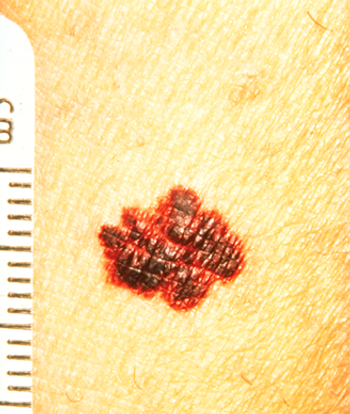
Researchers have identified two new panRAF inhibitors that could be used to treat patients with BRAF- or NRAS-mutant melanoma, and those who have developed resistance to BRAF inhibitors.

The addition of daratumumab to traditional therapies used in the treatment of multiple myeloma was well tolerated and associated with high rates of responses.

Fulvestrant improved overall survival compared with anastrozole, among women with treatment-naive, advanced, hormone receptor-positive breast cancer.

Data from the Women’s Intervention Nutrition Study found a reduction in dietary fat intake resulted in lower death rates in ER- and PR-negative breast cancer.
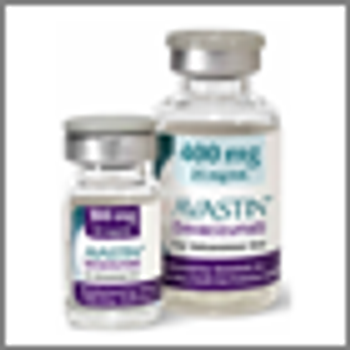
A study of triple-negative breast cancer patients found that adding bevacizumab to chemo resulted in higher pCR rates in those with basal-like disease.
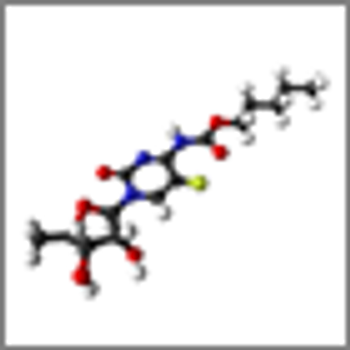
The use of adjuvant capecitabine in elderly patients with moderate- to high-risk early breast cancer resulted in no improvement in disease-free survival.

Autologous hematopoietic cell transplantation is a safe and effective treatment option for patients with HIV-associated lymphoma, according to a study presented at ASH 2014.

The level of stromal tumor-infiltrating lymphocytes (Str-TILs) may influence which treatment is the most effective in women with HER2-positive breast cancer.
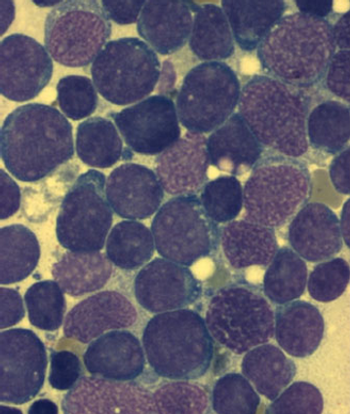
A large trial has shown that adolescents and young adults have better event-free and overall survival when treated on an intensive pediatric ALL regimen.
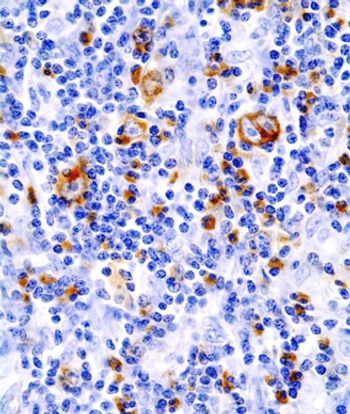
Early consolidation therapy with brentuximab vedotin after autologous stem cell transplant improved progression-free survival of patients with Hodgkin lymphoma.
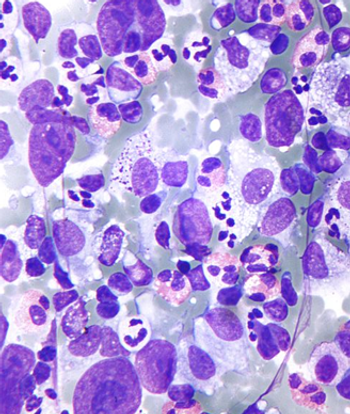
The anti-PD-1 drug pembrolizumab demonstrated promising anti-tumor activity in patients with heavily pretreated classic Hodgkin lymphoma.
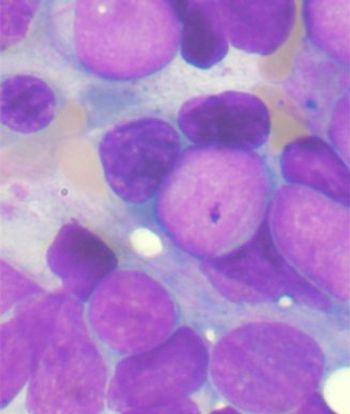
Sorafenib proved to have a high level of efficacy in younger acute myeloid leukemia patients, improving both event- and relapse-free survival over placebo.

T-lymphoblastic leukemia (T-ALL) should no longer be considered a poor-risk disease in the pediatric population, according to data presented at ASH.
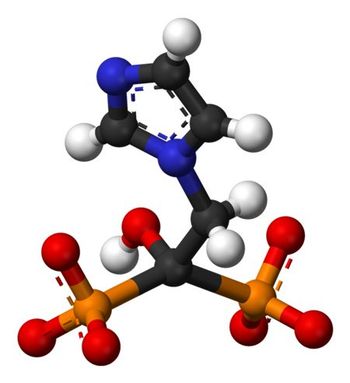
Despite recommendations calling for their use, prescriptions for bisphosphonates among older men with prostate cancer undergoing ADT are still low.

Using whole-exome sequencing, researchers were able to define the genetic basis for deriving benefit from treatments that block CTLA-4 in melanoma.

An increase in exercise led to a significant decrease in the amount of arthralgia reported by breast cancer survivors being treated with aromatase inhibitors.

Early trial data support further evaluation of ixazomib combined with lenalidomide and dexamethasone for the treatment of newly diagnosed multiple myeloma.
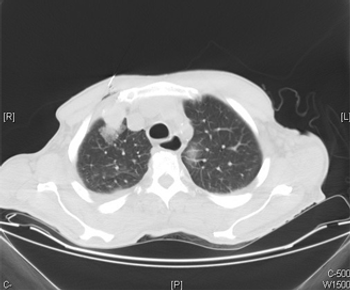
If physicians are following the current NCCN and AUA renal cell carcinoma surveillance guidelines, they could be missing as many as one-third of recurrences.
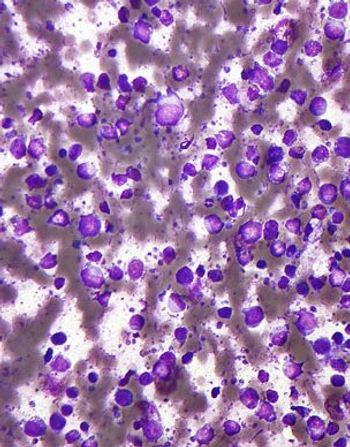
Non-germinal center B-cell-like DLBCL patients derived the most benefit from treatment with the immunochemotherapy regimen R-ACVBP compared with R-CHOP.

Cancer survivors are at an increased risk for developing a second smoking-associated cancer if they smoked cigarettes prior to their first cancer diagnosis.

An oncolytic herpes simplex virus had significant efficacy against ovarian cancer when used alone and in combination with standard chemotherapy treatment.

Researchers are estimating that about 3.6% of new cancer cases in 2012 in adults may be attributed to a high BMI, equating to about 481,000 new cancer cases.

A significant proportion of deaths due to colorectal cancer in southern states, and half of deaths due to colorectal cancer nationwide are a result of racial/ethnic, socioeconomic, and geographic disparities.
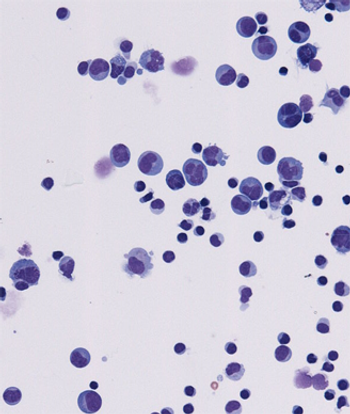
Elderly patients with poor-prognosis DLBCL may derive the most benefit from treatment with extended rituximab plus 6 cycles of R-CHOP on a 14-day schedule.

The use of a prostate cancer antigen 3 urine test could help men avoid undergoing unnecessary repeat biopsies, and predict which will be positive for cancer.

Data from a large study found that about 25% of women who underwent breast conservation surgery for stage 0-II breast cancer had a repeat surgical intervention.

The addition of sargramostim to the anti-CTLA-4 ipilimumab resulted in a significant improvement in overall survival in patients with metastatic melanoma.

Participants from two separate studies with higher levels of vitamin B6 were found to have a lower risk for renal cell carcinoma.